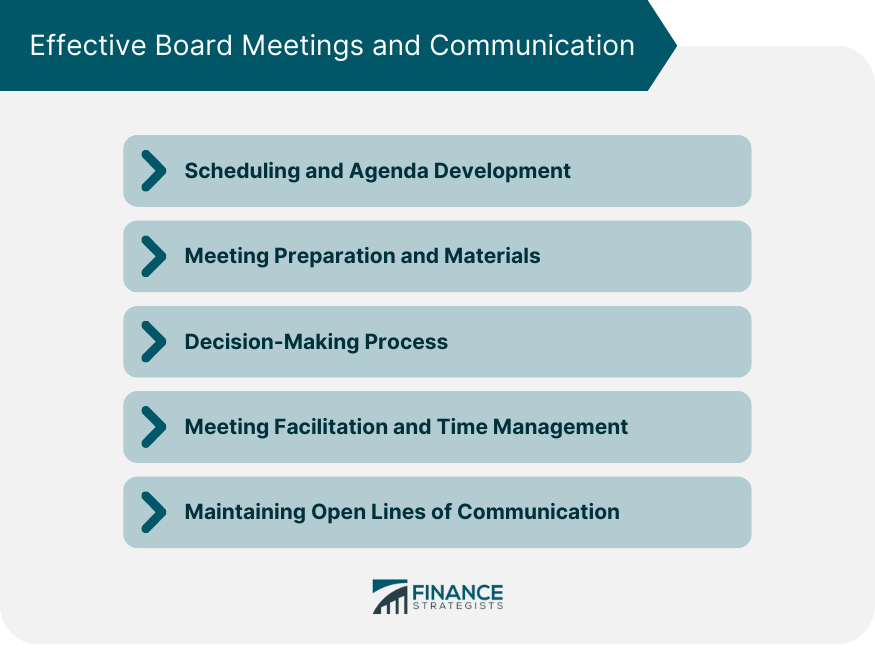Effective meetings are essential for organizational success, fostering collaboration, and driving projects forward. However, without proper preparation, meetings can become unproductive and time-consuming.
Define the Purpose and Objectives
Clarify the Purpose: Understand the reason for holding the meeting. Is it to make decisions, brainstorm ideas, share information, or solve a problem?
Set Clear Objectives: Define what you aim to achieve by the end of the meeting. Objectives should be specific, measurable, achievable, relevant, and time-bound (SMART).
Plan the Agenda
Create an Agenda: Develop a structured agenda that outlines the topics to be discussed. Include time allocations for each item to ensure the good meeting preparation.
Prioritize Topics: Arrange the agenda items in order of importance. Address high-priority issues first to ensure you cover them even if time runs short.
Distribute the Agenda: Send the agenda to all participants in advance, allowing them to prepare and contribute effectively.

Gather Necessary Information and Materials
Prepare Documents: Collect and prepare any documents, reports, or presentations that will be needed during the meeting.
Distribute Materials in Advance: Share these materials with participants ahead of time, giving them the opportunity to review and prepare questions or comments.
Develop a Facilitation Plan
Assign Roles: Identify who will lead the meeting, who will take notes, and who will manage time. Assigning these roles helps maintain structure and efficiency.
Prepare Opening Remarks: Draft a brief opening statement to set the tone, outline the objectives, and review the agenda.
Follow-Up Plan
Plan for Follow-Up: Decide how and when you will follow up on the meeting outcomes. Determine who will be responsible for implementing decisions and tracking progress.
Prepare a Summary: Plan to create a meeting summary or minutes to document key points, decisions made, and action items assigned.
Effective meeting preparation is critical for ensuring productive and efficient meetings. By defining clear objectives, planning a structured agenda, selecting the right participants, distributing materials in advance, organizing logistics, preparing yourself, and following up, you can maximize the value of your meetings and drive your organization’s goals forward.
ChatGPT Prompts for Meeting Preparation
Summarize the key aspects of [Prospect Company]‘s business model relevant to our [Product/Service] focusing on [Specific Business Area].
List recent trends in [Industry] that could impact [Prospect’s Business Area], which would be valuable for discussion in a sales meeting.
Analyze the online presence of [Prospect Company], focusing on [Specific Platforms], to gain insights for a tailored sales approach.
Compare our [Product/Service]‘s value proposition against [Competitor]‘s offerings, highlighting key differentiators beneficial to [Prospect Company].
Outline probing questions aimed at uncovering specific pain points related to [Prospect’s Problem Area] in [Prospect’s Industry].
Detail the specific benefits of [Your Solution] for [Target Customer’s Industry], with emphasis on [Key Features].
Narrate a success story focusing on [Solution Impact], ideally reflecting a scenario similar to [Prospect’s Situation].
You can also use the search function to find the best prompts for ChatGPT.